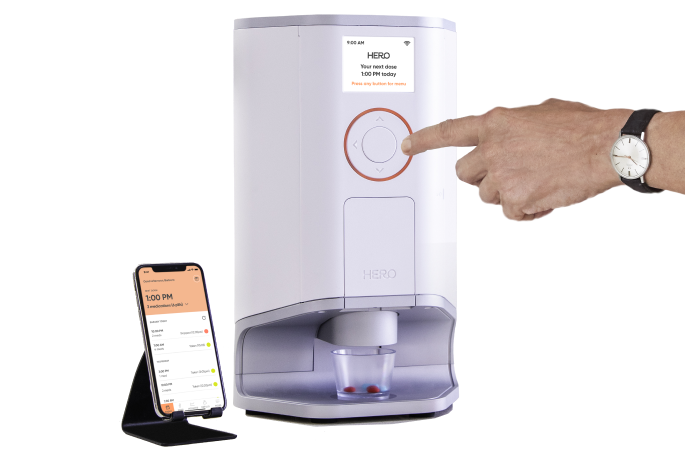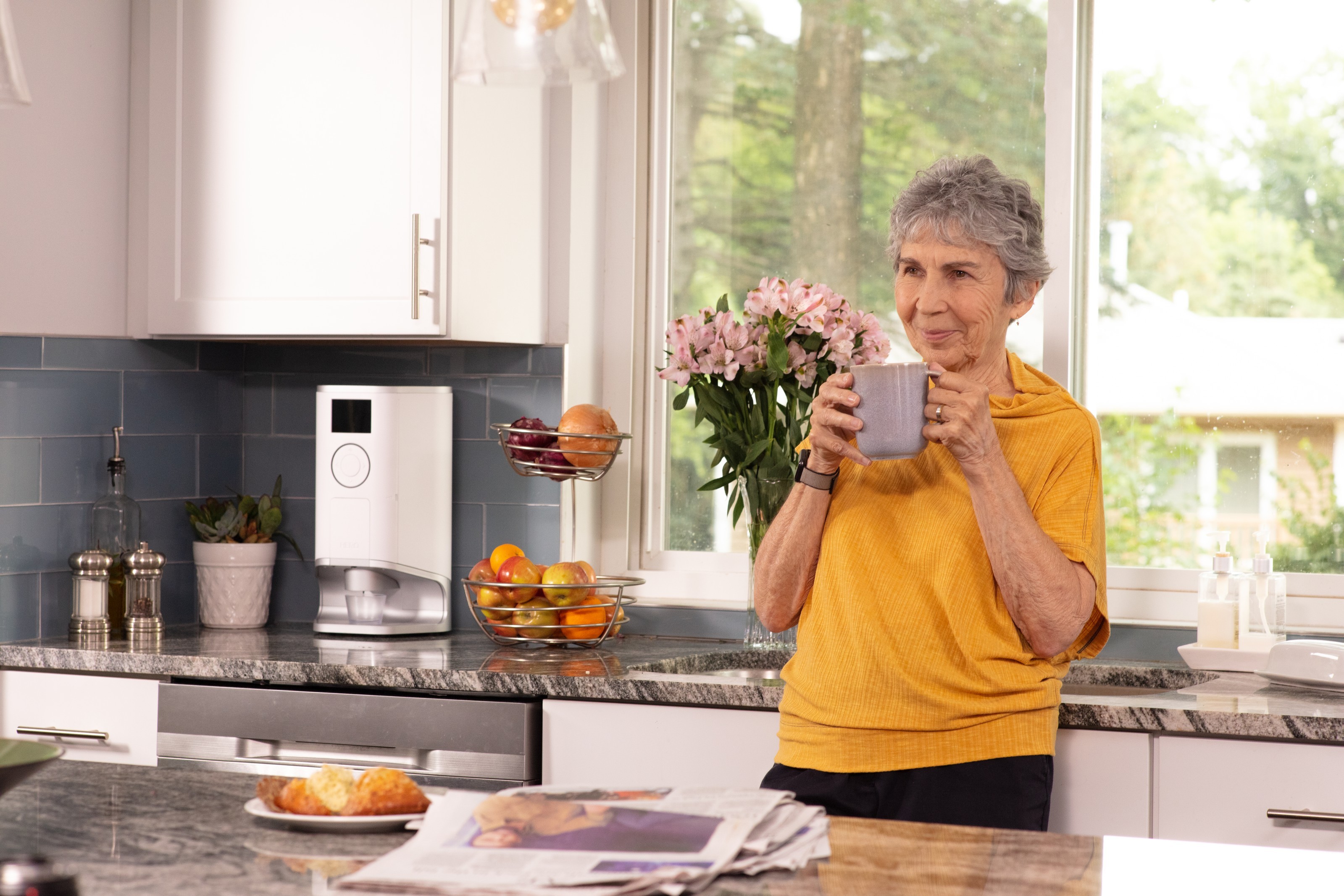Caregivers: it’s time to stop second-guessing ourselves

Like most adults, I’ve second-guessed many of my own decisions. While most were made with my own future in mind, that all changed when I became a family caregiver for an ever-increasing number of older adults – a time that also coincided with raising two young children, one with health challenges.
A dying aunt, a budding son
My aunt Marion, who had no children of her own, was in the hospital dying of cancer. While my parents visited her much of the time, I’d been close to her since I first learned to walk, so I tried to see her as much as possible.
One afternoon, it had become evident that Marion was unlikely to last another day. Still, we both acknowledged that it was important for me to attend my oldest son's first band concert that evening, where he was to play a solo.
With my aunt's blessing, I went to my son’s concert and, yes, she died during that exact time. I’m grateful I didn’t have to make that choice alone; as a former opera singer, Marion loved music and I felt her approval as I watched my son’s concert while she passed on to better things.
To cure or let go
Here’s another puzzler. My mother-in-law, Alice, was in a care facility, where she’d flourished despite her dementia progressing in the sad way that it does. But then, Alice took a turn for the worse when she came down with pneumonia. She was given antibiotics, but the infection continued to rage. The nurse asked us if we would approve a series of five stronger shots, and we agreed. While the drug miraculously cured her pneumonia, she never came back even close to her baseline, and she lived the last two years with little joy and quality of life.
Did we do the right thing by “saving” her from what was once called “the old person’s friend?” Once again there’s no right or wrong answer. Today, I know that I would not have wanted to have been “saved” under those circumstances. When I feel myself sliding back and mentally apologizing to Alice, I must remind myself that I did what I could with what I knew.
On the decision of care placement
The choice to place an older adult in a care facility might be the most difficult decision of all. I’ve had to make this decision five times and it was never easy, even though my location thankfully has some excellent care homes.
I’ll never forget being a guest on a call-in radio segment about nursing homes; I learned about care homes in some states that day was appalling. While I could offer empathetic words, knowing that these caregivers had to choose between unsustainable care at home vs. a terrible facility only highlighted how much is beyond our control.
It’s time to stop living with unearned regret
Nearly all caregivers live with some level of unearned guilt and regret, so we need to remain alert to our second-guessing and stop these thoughts in their tracks.
I did my best. The caregivers on that radio show did their best. You are doing your best. In fact, you are a stellar caregiver just for seeking information. Never think less of yourself about a decision that you made in good faith for your older adults or your extended family.
Absorb this mantra: “I did my best considering the circumstances and resources at the time.”
Big love to you all.
About the author
Carol Bradley Bursack spent more than two decades as the primary caregiver for a combination of seven elders and is the author of “Minding Our Elders: Caregivers Share Their Personal Stories.” She is also a long-time newspaper columnist, blogger, and writer for online websites on the topics of eldercare and caregiver support. She’s been hosting her blog at www.mindingoureldersblogs.com and her website at www.mindingourelders.com since 2006 and has contributed to several books about dementia caregiving.
Complex med schedule? We solved it.
Hero’s smart dispenser reminds you to take your meds and dispenses the right dose, at the right time.

The contents of the above article are for informational and educational purposes only. The article is not intended to be a substitute for professional medical advice, diagnosis, or treatment. Always seek the advice of your physician or other qualified clinician with any questions you may have regarding a medical condition or its treatment and do not disregard professional medical advice or delay seeking it because of information published by us. Hero is indicated for medication dispensing for general use and not for patients with any specific disease or condition. Any reference to specific conditions are for informational purposes only and are not indications for use of the device.



